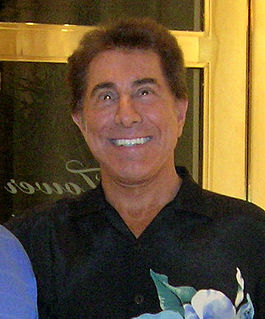A Quote by Debra Stephenson
Criticism is frightening.
Quote Topics
Related Quotes
I think the whole emphasis in England, in universities, on practical criticism (but not that so much as on historical criticism, knowing what period a line comes from) this is almost paralysing. In America, in University, we read - what? - T. S. Eliot, Dylan Thomas, Yeats, that is where we began. Shakespeare flaunted in the background. I'm not sure I agree with this, but I think that' for the young poet, the writing poet, it is not quite so frightening to go to university in America as it is in England, for these reasons.
I don't have a very high opinion, actually, of the world of criticism - or the practice of criticism. I think I admire art criticism, criticism of painting and sculpture, far more than I do that of say films and books, literary or film criticism. But I don't much like the practice. I think there are an awful lot of bad people in it.
That was one of the big problems in the [Black Panther] Party. Criticism and self-criticism were not encouraged, and the little that was given often wasn’t taken seriously. Constructive criticism and self-criticism are extremely important for any revolutionary organization. Without them, people tend to drown in their mistakes, not learn from them.
People are more interested in reading bombastic ideas, whether they're positive or negative. Part of me has sort of lost interest in doing criticism because of that. I've always realized that criticism is basically autobiography. Obviously in my criticism, it's very clear that it's autobiography, but I think it's that way for everybody.
I appreciate good criticism and I think it's really important. I don't like it when it's consumer advocacy, like how you should spend your $60. Great criticism is a kind of literature. I've written some criticism, and I really enjoy it because I think it's important for people to know that theatre is vital. Criticism is really unevenly distributed in this town. Obviously the power of the Times is discouraging. It's killing new plays, demolishing one after another.




































